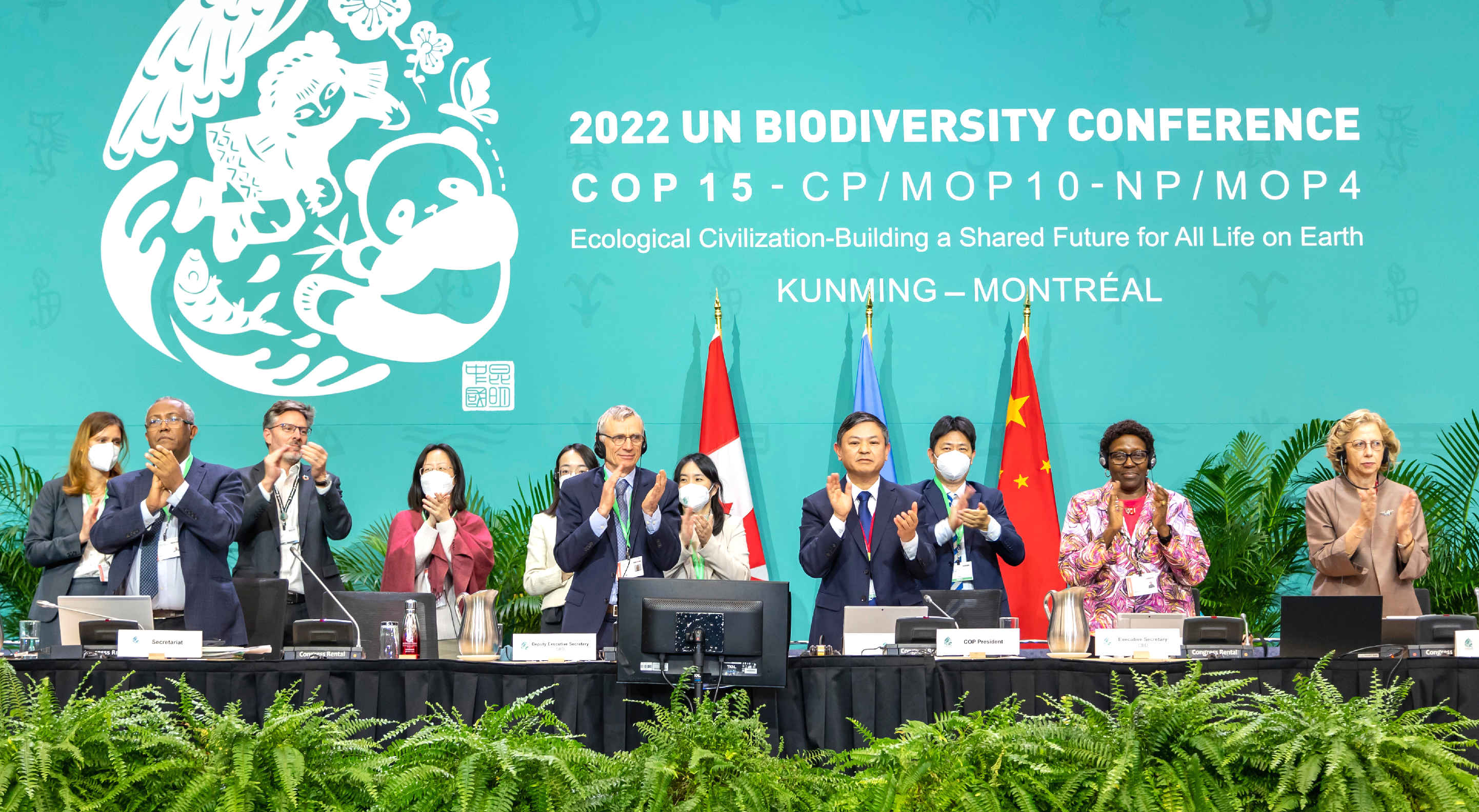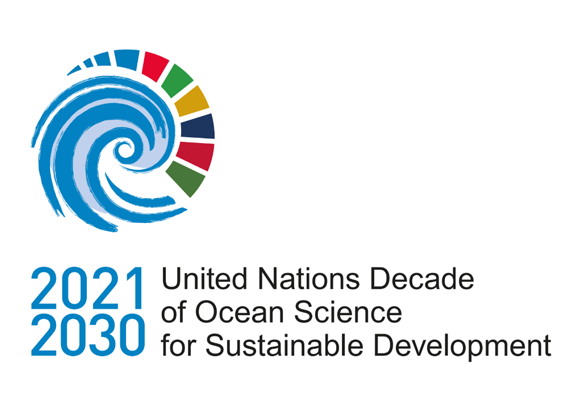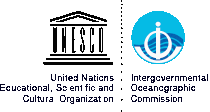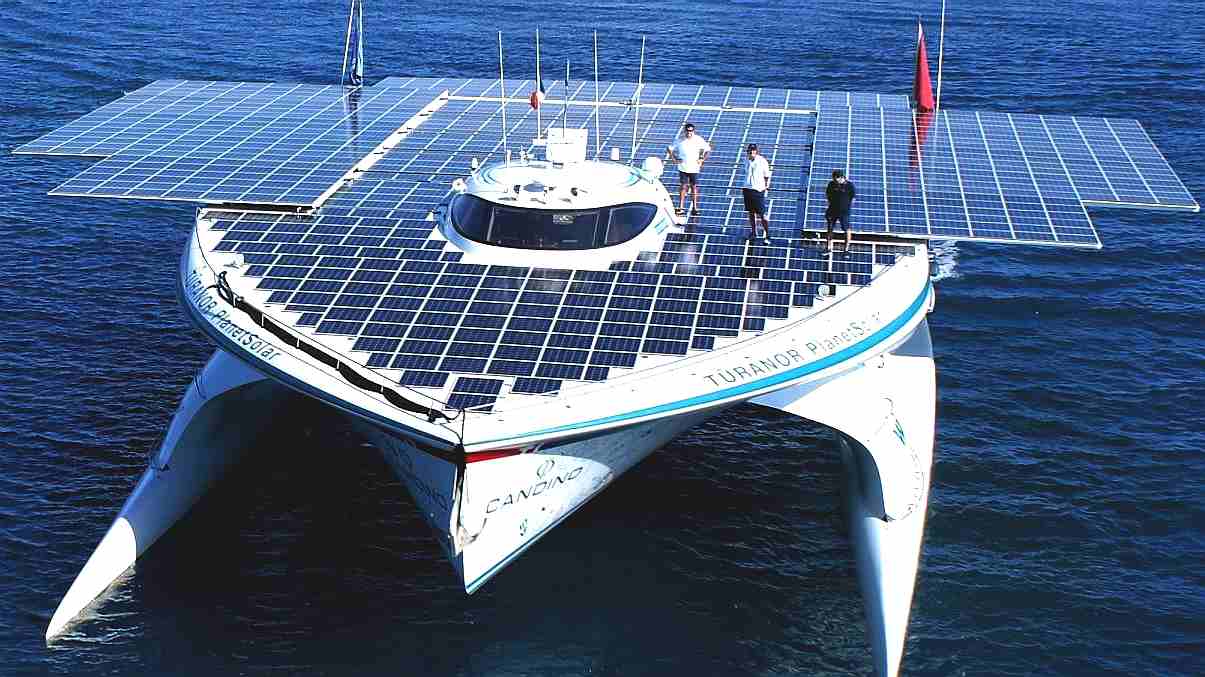|
BIODIVERSITY CONVENTION COP15
Please use our A-Z INDEX to navigate this site or return HOME
|
||
COP15 - Ecological civilization, building a shared future for all life on earth. The UK, EU and UN have been talking about ocean plastic pollution for years. Meantime what has changed? Take a trip to any supermarket in the world, and you may agree, not a lot. Our shops and shopping services are awash with single use plastic. Fossil fuel subsidies that harm our environment, is like paying oil companies to increase global warming, lung cancer and acid oceans. Not to mention sea level rise. What are we like? We are humans. Meaning where money and profits are concerned, shareholders will turn a blind eye to extinction of species. Just so long as the cash dividends keep rolling in. The only way to stop the rape of the planet, is to make laws prohibiting such exploitation. Criminalize ocean pollution. Criminalize air pollution. Then strictly enforce the law. Confiscate their proceeds of crime. Lock up climate and pollution offenders. Demand absolute transparency in politics, as to party political donations, and what amounts to bribes for politicians. We must eliminate conflicts of interest, to expose the corruption that allows waste from land and vehicle exhausts, to find its way into the ocean and air we breathe.
UN DECADE OF SCIENCE @ COP15
The United Nations Decade of Ocean Science for Sustainable Development (2021-2030, Ocean Decade for short) will support a new cooperative framework to ensure that global ocean science provides greater benefits for ocean ecosystems and wider society. It will provide a 'once in a lifetime' opportunity to create a new foundation for the scientific community, governments, civil society, and the UN system to strengthen the management of our oceans and coasts for the benefit of humanity.
The marine realm is the largest component of the Earth’s system that stabilizes climate and support life on
Earth and human well-being. However, the First World Ocean Assessment released in 2016 found that much of the ocean is now seriously degraded, with changes and losses in the structure, function and benefits from marine systems.
NO MENTION OF GRP @ COP 15
Where ocean plastic pollution is now on the Agenda, stemming from COP15 in December 2022. At this conference, Target 7 identified plastic pollution, but no mention was made of the ingestion of glass micro strands, by shellfish in coastal regions, or how damaging this might be to the filter feeders ingesting such pollutants, or how biomagnification may introduce harmful aggravators into the human food chain.
For this reason, and as there appear to be no similar "glass" pollution awareness projects. We propose making the Elizabeth Swann as plastic free as practical. That is not to be silly about using plastics, where they have undeniable advantages and responsible recycling programmes in place. But where the majority of fiberglass vessels, have no means of disposal, that is safe for the marine environment.
In connection with the proposed Jules Verne Hydrogen Trophy (JVH2) event that is presently under development. We hope to set a new benchmark for the introduction of the design of vessel hulls, and provisioning, that significantly reduces materials that hold the potential to harm the marine environment.
We propose that a special merit system, or award might be offered to competitors who field Plastic and GRP free vessels, or who at least take reasonable steps to combat the international disposable society that the world has become.
On 5 December 2017, the United Nations declared that a Decade of Ocean Science for
Sustainable Development would be held from 2021 to 2030.
It is hoped that this Decade will provide a common framework to ensure that ocean science can fully support countries to achieve the 2030 Agenda for Sustainable Development.
CONTACTS
http://www.oceandecade.org/
LINKS & REFERENCE
|
||
|
Please use our A-Z INDEX to navigate this site or return HOME
This website is Copyright © 2023 Jameson Hunter Ltd
|



